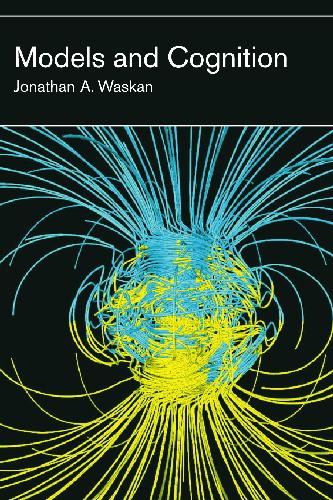(Ebook) Waskan - Models and cognition by Jonathan A. Waskan ISBN 9780262232548, 0262232545
Choice Outstanding Academic Title, 2007.In this groundbreaking book, Jonathan Waskan challenges cognitive science's dominant model of mental representation and proposes a novel, well-devised alternative. The traditional view in the cognitive sciences uses a linguistic (propositional) model of mental representation. This logic-based model of cognition informs and constrains both the classical tradition of artificial intelligence and modeling in the connectionist tradition. It falls short, however, when confronted by the frame problem—the lack of a principled way to determine which features of a representation must be updated when new information becomes available. Proposed alternatives, including the imagistic model, have not so far resolved this problem. Waskan proposes instead the Intrinsic Cognitive Models (ICM) hypothesis, which argues that representational states can be conceptualized as the cognitive equivalent of scale models. Waskan argues further that the proposal that humans harbor and manipulate these cognitive counterparts to scale models offers the only viable explanation for what most clearly differentiates humans from other creatures: their capacity to engage in truth-preserving manipulation of representations. The ICM hypothesis, he claims, can be distinguished from sentence-based accounts of truth preservation in a way that is fully compatible with what is known about the brain. Waskan also develops a new account of explanation, grounded in the ICM hypothesis, as an alternative to the traditional deductive-nomological model—which, he claims, suffers the same shortcomings as other sentence-based accounts of representation and inference. Waskan's "Model model" of explanation resolves these problems in a way that no other account of explanation can.
*Free conversion of into popular formats such as PDF, DOCX, DOC, AZW, EPUB, and MOBI after payment.


